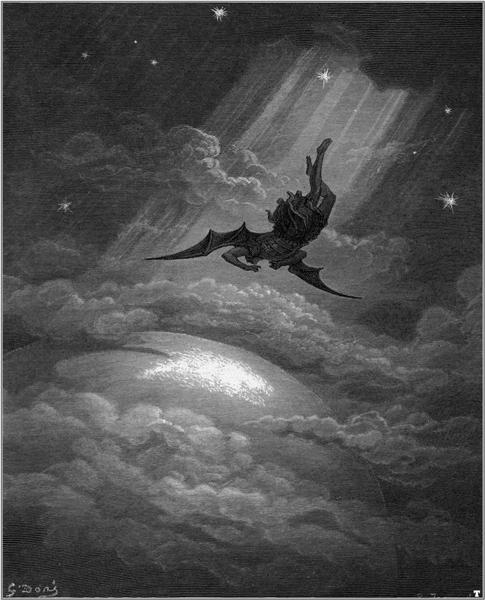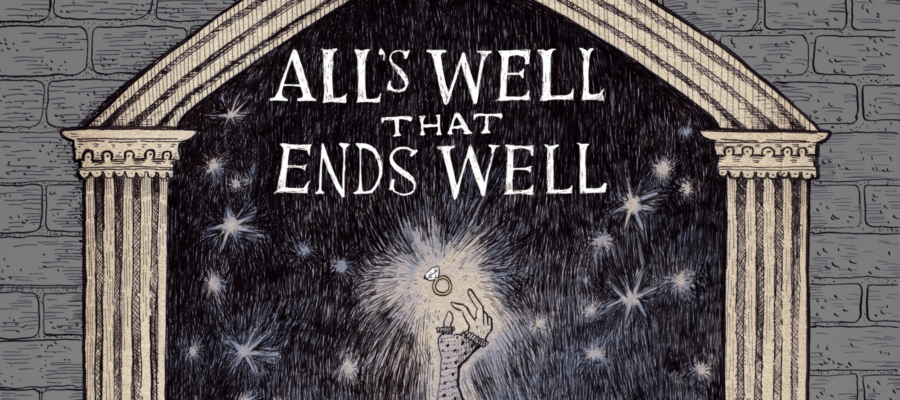Nabeela Gohar
John Milton’s Paradise Lost stands as an epic masterpiece of English literature, captivating audiences for centuries with its profound exploration of sin, redemption, and the human condition. However, a critical evaluation of the poem reveals both its enduring strengths and its limitations within the larger literary landscape.
Strengths:
- Rich Biblical and Classical Allusions: Milton seamlessly weaves together biblical and classical narratives, creating a complex tapestry of theological and philosophical questions. His masterful use of allusion adds depth and resonance to the poem, enriching the reader’s understanding of the characters and themes.
- Vivid Imagery and Language: Milton’s language is both powerful and evocative, painting vivid pictures of Heaven, Hell, and Earth. His use of metaphors, similes, and personification brings the characters and their struggles to life, creating a deeply immersive reading experience.
- Moral Complexity: Paradise Lost delves into the complexities of good and evil, offering no easy answers or simplistic portrayals. Both God and Satan are presented as nuanced figures, capable of both compassion and cruelty. This ambiguity allows readers to engage with the poem on a profound level, grappling with their own understanding of morality.
- Psychological Insight: Milton delves into the characters’ minds and motivations, revealing their inner conflicts and desires. This psychological depth adds a layer of complexity to the characters, making them relatable and engaging even several centuries later.
- Innovative Form and Structure: Milton’s use of blank verse is innovative and powerful, creating a sense of epic grandeur and solemnity. The poem’s structure, divided into twelve books, echoes the structure of classical epics, lending it a sense of timelessness and authority.
Limitations:
- Misogyny: Some interpretations of the poem criticize its portrayal of Eve as the source of sin and temptation. This perspective can be seen as problematic in the contemporary context, where gender equality is a fundamental principle.
- Justifications for Power Structures: The poem’s treatment of power dynamics, particularly the justification of God’s absolute authority, can be seen as outdated and potentially problematic in a modern democratic society.
- Accessibility: Milton’s complex language and dense allusions can make the poem challenging to read for modern audiences. This can limit its accessibility and potentially discourage readers from engaging with its rich content.
- Overemphasis on Theme over Character: While the poem’s exploration of theological and philosophical themes is insightful, some argue that it comes at the expense of character development. Some characters, especially Eve, can feel underdeveloped and overshadowed by the larger thematic concerns.
- Limited Historical Context: While the poem offers a detailed account of the characters’ actions, it provides less context about the broader historical and social environment. This can make it difficult for readers to fully grasp the poem’s meaning and relevance beyond its immediate narrative.
Please, subscribe to the YouTube channel of republicpolicy.com
John Milton’s Paradise Lost remains a significant and influential work of English literature. Its strengths lie in its rich biblical and classical allusions, vivid imagery and language, moral complexity, psychological insight, and innovative form and structure. However, the poem’s misogynistic elements, justifications for power structures, accessibility issues, overemphasis on theme over character, and limited historical context can be seen as limitations in the contemporary context.
Despite these limitations, Paradise Lost continues to offer valuable insights into the human condition and the complexities of good and evil. Its enduring power lies in its ability to spark thought, challenge assumptions, and inspire readers to grapple with fundamental questions about life, faith, and existence.
Please, subscribe to the monthly magazines of republicpolicy.com















